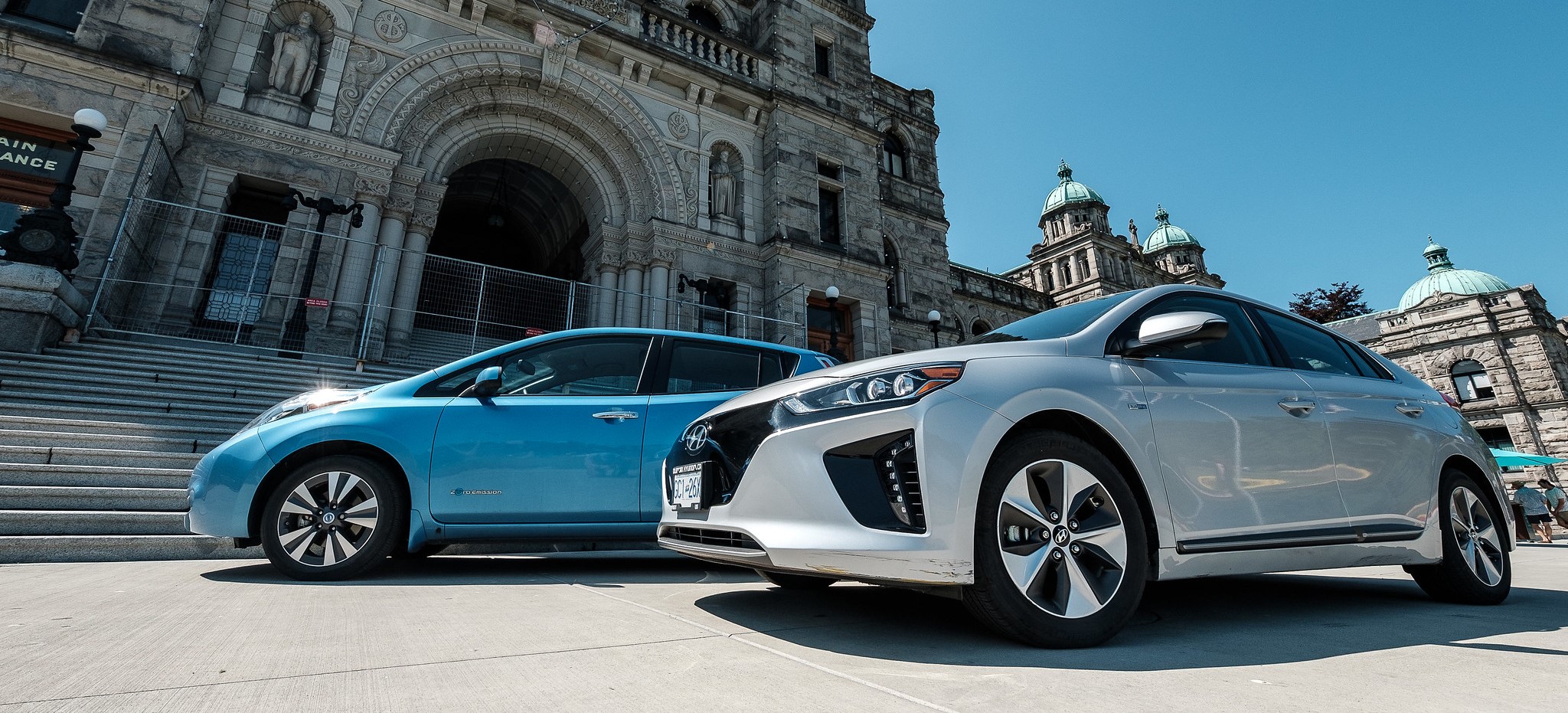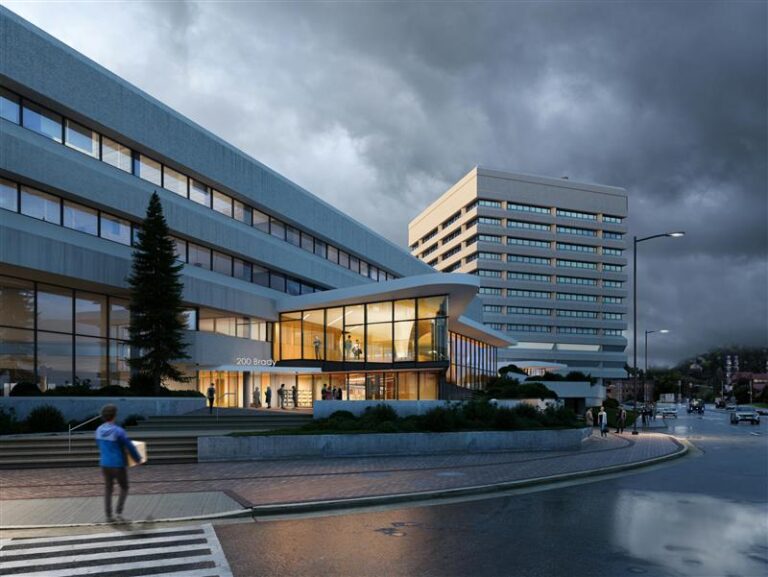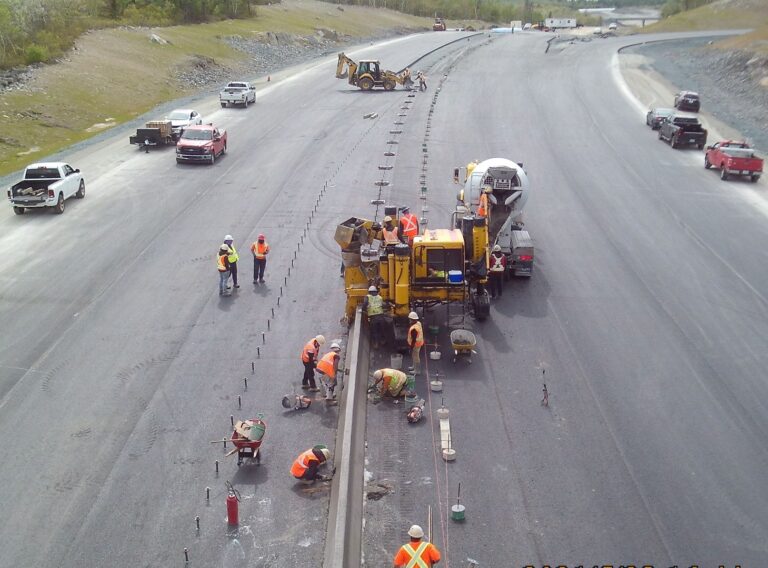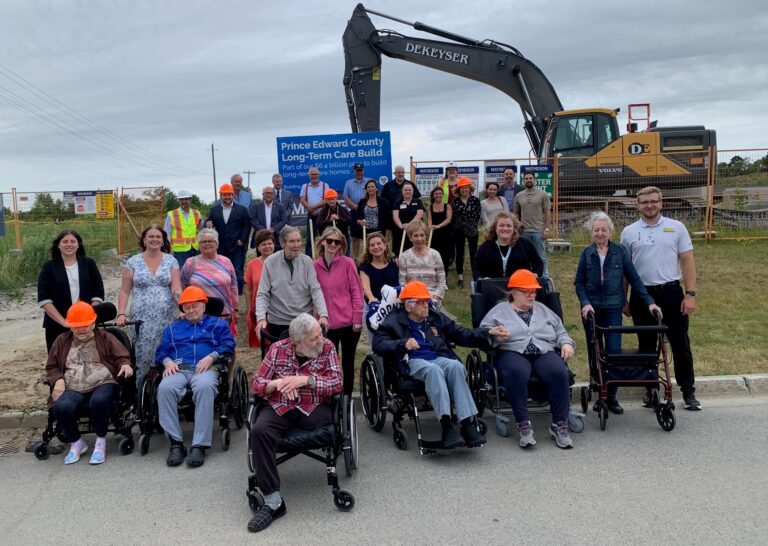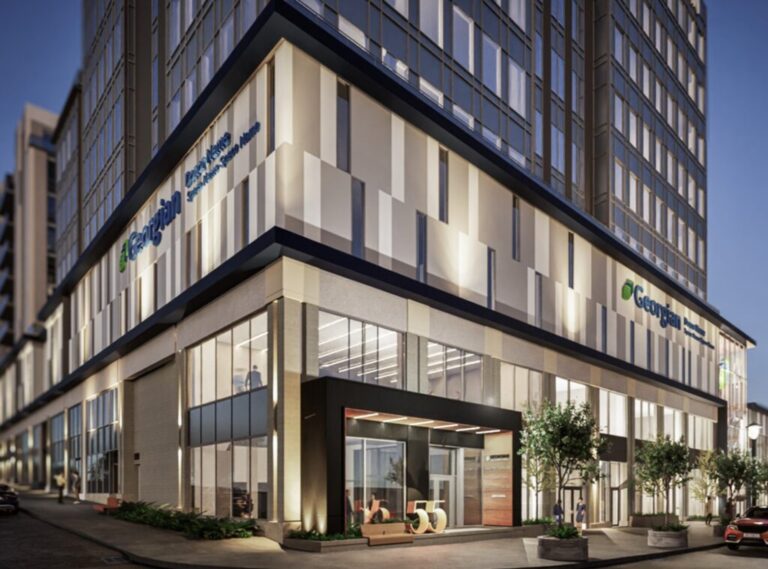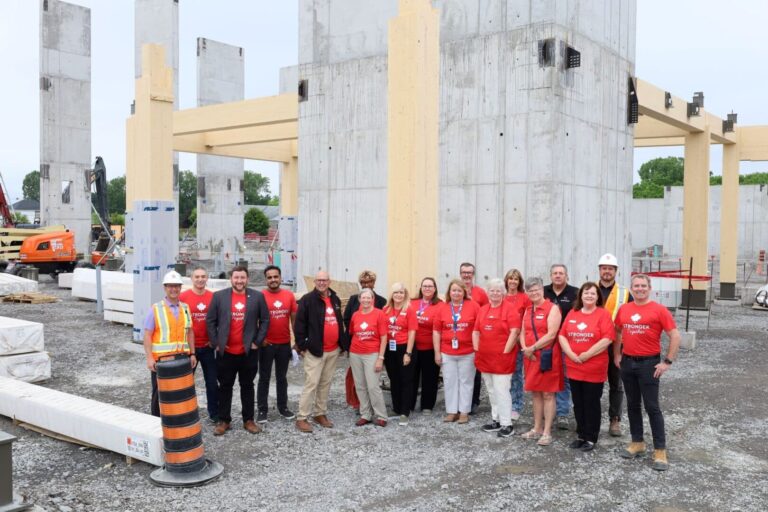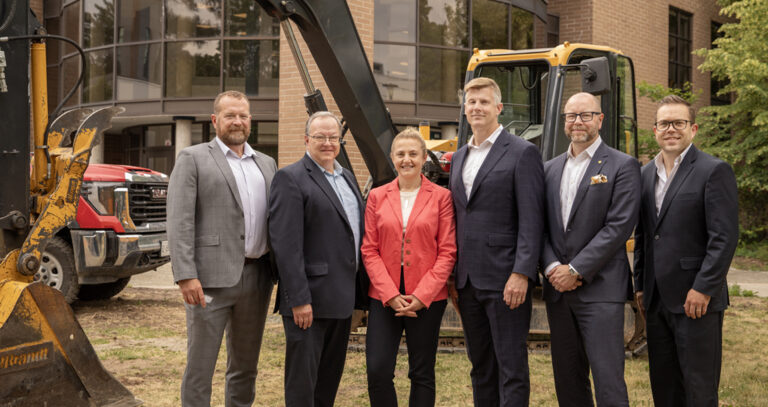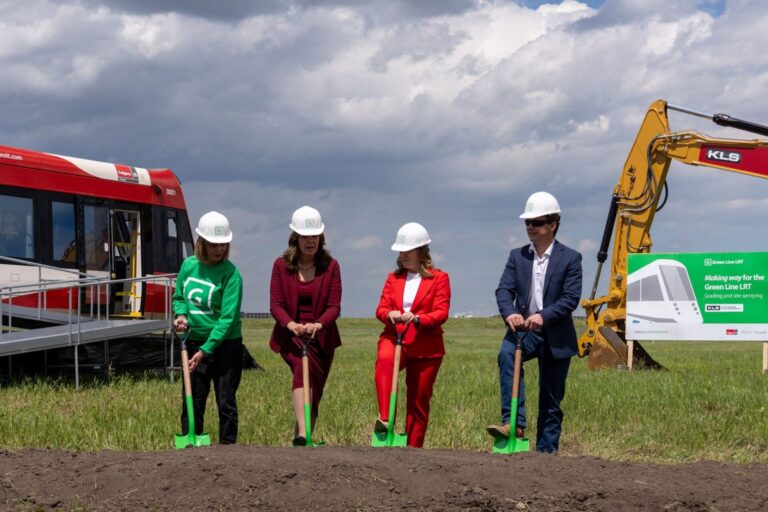British Columbia is charging ahead in expanding its electric vehicle (EV) charging network with more than 50 per cent of the public fast-charging sites required to meet the province’s 2040 demand already built or underway.
“A record number of British Columbians are adopting electric vehicles for a quieter ride, cleaner air and lower fuel costs, and we’re making sure we have the public infrastructure needed to support this uptake,” said Bruce Ralston, Minister of Energy, Mines and Low Carbon Innovation. “We are on track to meet our goals for 2040 with more than half of the fast-charging sites needed already with one or more stations built.”
More than 54,400 EVs are on the road in B.C., leading to an estimated 216,000 tonnes in emission reductions per year. To support the growing number of EVs in the province, the BC Public Light-Duty Zero-Emission Vehicle Infrastructure Study will serve as a guide for municipalities, First Nations communities and the private sector to invest in further expansion of the fast-charging and hydrogen-fuelling network in B.C. by identifying where and how many fast-charging or hydrogen-fuelling stations are needed for drivers to safely and easily travel around B.C.
According to the report, the number of zero-emission vehicles (ZEVs) forecast in B.C. by 2040 may reach over 2.5 million. This vehicle population will require approximately 400 fast-charging sites throughout the province. As of December 2020, B.C. had 205 fast-charging sites built or underway. Budget 2021 provided an additional $8.5 million to continue expanding B.C.’s public charging network through rebates provided to Indigenous and local governments and B.C. businesses that are investing in public fast-charging stations.
“People across the province are switching to electric vehicles in record numbers, thanks to CleanBC programs,” said George Heyman, Minister of Environment and Climate Change Strategy. “Our government is planning for a cleaner, low-carbon future where all new cars are emission free and reliable charging stations are readily available right across the province to support users.”
The report also identifies important criteria to be considered by public charger developers when planning station sites, such as distances that allow for travel under challenging weather conditions, accessibility for drivers with diverse physical abilities and around-the-clock availability of stations in well-lit areas.
The Province is providing rebates through its CleanBC Go Electric programs to ensure the increasing demand for ZEVs is supported by building out the public charging network, as well as through rebates for home and workplace charging infrastructure. B.C. has one of the largest public-charging networks in Canada.
Click here to view the BC Public Light-Duty Zero-Emission Vehicle Infrastructure Study, visit:
Featured image: Courtesy of B.C. Ministry of Energy, Mines and Low Carbon Innovation

